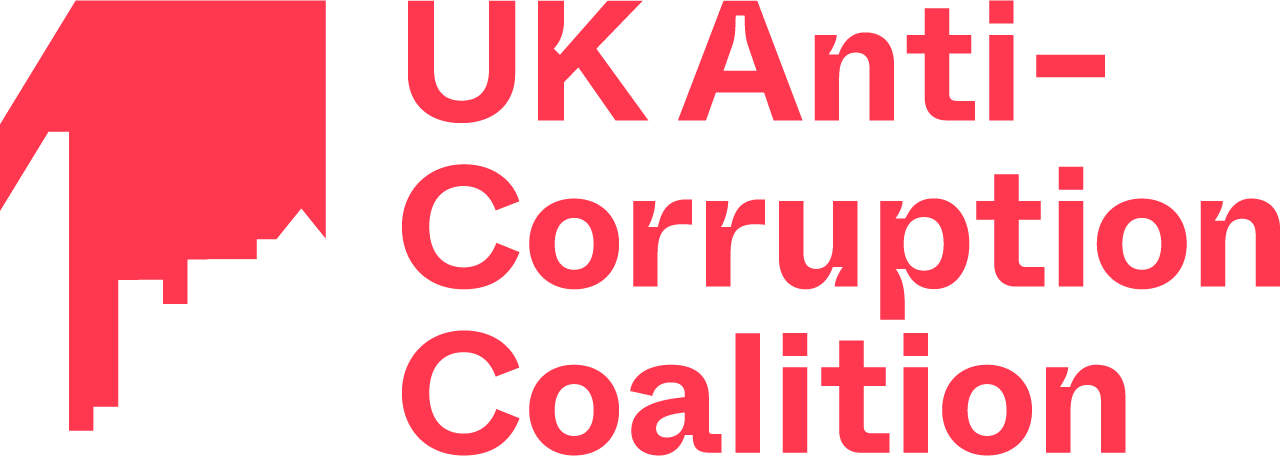The UK needs to get serious about fighting corruption. Here’s how to do it.
13 May 2021 - Corruption weakens democracy, undermines fair economic development, can lead to the horrific abuse of human rights and the environment, and threatens our national security. However, it is all too often neglected by those with the power to tackle it.
Five years ago, the UK sought to address this issue, hosting the International Anti-Corruption Summit in London. The Summit brought leaders from around the world together to commit to meaningful, targeted steps to tackle corruption. Yet, despite significant progress in the first few years after the Summit on issues like open contracting, beneficial ownership and commodities trading transparency, the anti-corruption agenda in the UK looks alarmingly close to stalling.
As the Biden administration increasingly takes on the mantle of global anti-corruption champion, the UK needs to step up to the plate and take tough action to get its own house in order. Only then will it be able to share a global leadership role on this issue. That is why the UK Anti-Corruption Coalition is launching Fighting Corruption: An Agenda for 2021 today to lay out what we think the government needs to do now to get back on the front foot on fighting corruption.
What has the UK been doing to tackle corruption?
While the UK has previously taken up the global mantle on issues like extractives transparency and the global campaign for beneficial ownership transparency, it lacks the same urgency when addressing the problems in its own defences against dirty money. The most recent Queen’s Speech, which sets out the legislative agenda for the next parliamentary session, provides a key example of this; proposed reforms to Companies House and the long-awaited introduction of the Register of Overseas Entities Bill – a Bill that is drafted, ready to go, and an unmet commitment from the last Queen’s Speech – were conspicuous by their absence.
Another missed opportunity was the chance to better hold Ministers to account with the new Terms of Reference for the Independent Adviser on Ministers’ Interest. Despite clear advice from the Committee on Standards in Public life, senior Conservatives and members of this Coalition, the new Adviser has started his role without the power to open independent investigations into breaches of the Ministerial Code. As scandals about brazen conflicts of interest and inappropriate lobbying hit the headlines at an alarming rate, the UK desperately needs to address its complacency about corruption at home and get its own house in order.
One positive step is legislative space for new procurement legislation, particularly in light of the UK’s deeply problematic response to public contracting during the COVID-19 pandemic. The government has proposed ambitious reforms to unify a fragmented patchwork of rules and making procurement data, from contract award to implementation, more transparent and accessible. We are keen to make sure that this vision comes to pass, that the government properly invests in this transformation, and that any loopholes are addressed.
Why does this matter?
It is crucial to note that these issues have a cumulative effect, which can undermine genuinely positive reforms.
For example, the recent introduction of the UK’s Global Anti-Corruption Sanctions Regime could be a crucial step forward in the fight against corruption, with the potential to hold kleptocrats around the world to account if it is used effectively and ambitiously. Yet it risks being undermined as a half measure or hypocrisy when the UK fails to ensure that its own defences against corruption or money laundering are as robust as they should be. If there is any doubt about this, a look at the Russian Embassy’s response to the launch of the regime makes for sobering reading.
This is a pertinent point for our allies as well as our enemies. While the Biden administration pushes forward with tangible reforms to ethics regulations and corporate transparency in the US ahead of the Summit for Democracies, the UK risks undermining its own Open Societies agenda at the G7 with its inaction at home. Likewise, while the Trans-Pacific Partnership – which the UK seeks to join – dedicates a whole chapter to anti-corruption and transparency, references to this issue have been disappointingly vague in the Free Trade Agreements concluded thus far.
What needs to change?
We urge the UK Government to address the gap between its rhetoric on corruption and the reality.
We need fair and effective public procurement, a strong democracy with high standards of conduct, and a government that is both open and accountable. We need leadership in the global fight against corruption, on keeping kleptocrats’ money out of the UK, and on greater transparency in the fossil fuel and critical mineral sectors, particularly in light of the climate emergency and the UK’s chairing of COP26 later this year.
Now is the time for meaningful action to address these issues. That means making the parliamentary time available for long overdue reforms, providing the resources needed to ensure the success of the sanctions regime and reforms to procurement, and better enforcing existing anti-corruption measures. The current UK Open Government National Action Plan process and the development of a new Anti-Corruption Strategy are opportunities to address these issues that should not be missed.
If the UK wants to be seen as a force for good in the world, it needs to set out its stall on how it will fight corruption more effectively at home and abroad. Our Agenda for 2021 provides key actions that the UK Government can take to tackle these problems head on and create a stronger economy, fairer society, and cleaner politics.
